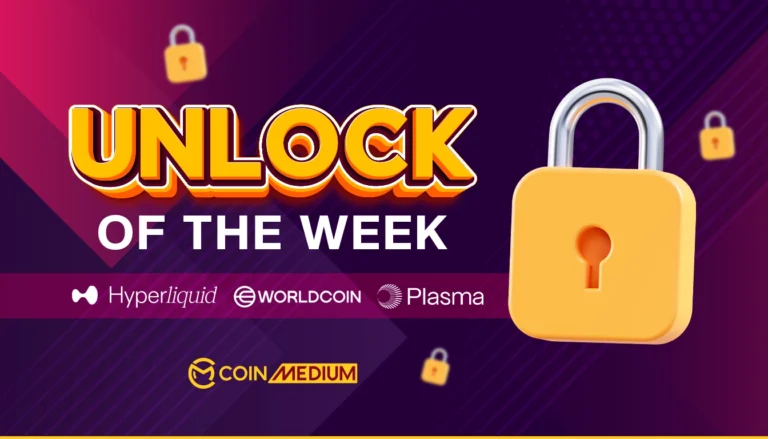Ueno Bank, Paraguay’s largest financial institution with more than 2.2 million customers, is rolling out post-quantum protection for its digital documents. The bank is building on QANplatform, a quantum-resistant layer-1 hybrid blockchain that delivers mathematically provable timestamps and NIST-aligned signatures.
The move comes as banks, insurers, and public agencies face a looming risk, quantum computers powerful enough to break today’s encryption and digital signature standards. Unlike classical machines, quantum systems use subatomic physics to solve problems exponentially faster, potentially undermining public-key algorithms and the legal trust placed in e-signatures and digital archives.
Security experts warn of “harvest-now, decrypt-later” tactics, where adversaries store encrypted data today to crack once quantum power arrives. The U.S. National Institute of Standards and Technology (NIST) has urged migration to quantum-safe cryptography by 2030.
To address this challenge, Ueno Bank is starting with the core of its operations, documents that drive daily workflows. The bank is deploying SignQuantum, a post-quantum add-on that layers quantum-resistant signatures onto existing e-signature processes. Local technology firm ITTI, the exclusive distributor of SignQuantum in Latin America, is supporting the rollout.
What is QANplatform and Why It Is Important?
The security layer behind Ueno’s initiative is built on QANplatform, the bank can create mathematically provable, tamper-proof timestamps without depending on outside time-stamping services. According to the companies, this makes Ueno the first bank in the world to use this technology at production scale.
The process works by cross-signing original documents with post-quantum cryptography and saving their hashes on a private, permissioned QAN Blockchain hosted on the bank’s own servers. This provides internal assurance. For outside verification, the hashes can also be anchored to a public blockchain, creating timestamps that are independently verifiable and tamper-evident.
QANplatform also offers a multi-language smart contract engine (QVM), letting developers build using familiar, Linux-compatible languages and DevOps tools like Docker and Kubernetes. Private or public QAN networks can be deployed on major clouds such as AWS, Microsoft Azure, or Google Cloud in just minutes, making it practical for pilot projects and regulated environments.
Another strength is its Ethereum Virtual Machine (EVM) compatibility, which allows existing Ethereum-based projects, such as DeFi apps, NFTs, and DEXs, to migrate smoothly to a quantum-resistant base. QANplatform also integrates with oracles like Chainlink and Band Protocol, and introduces a unique developer-royalty model that rewards contract creators whenever their smart contracts are reused or interacted with on the public chain.








